Restaurants must use cooking oil, but many of these businesses don’t recycle their spent oil, which is the easiest way to get rid of it.
By now, we are all aware of how simple it is to recycle materials like glass, metal, and paper. It holds true for used cooking oil as well. Despite being filthy and disgusting, leftover cooking oil can have a significant positive impact on both the environment and the financial health of your restaurant.
Here’s why you should be recycling used cooking oil
1.Reduce your restaurant’s carbon footprint
Your carbon footprint is the sum of the greenhouse gases you directly and indirectly produce. Recycling, which diverts valuable materials to other purposes rather than a landfill, is one approach to lessen your carbon footprint.
Even though it may not appear that one restaurant recycling its spent cooking oil can help with the greenhouse gas issue, it does promote larger-scale sustainability initiatives.
2.Help create more sustainable fuel
Biofuels, an alternative fuel generated with recycled oil, are frequently made with spent cooking oil. Compared to petroleum-based diesel fuels, biofuels can be used to heat buildings and power vehicles more effectively.
Biodiesel reduces greenhouse gas emissions by 57-86%, according to the Environmental Protection Agency. You can contribute to the expansion and sustainability of this cleaner fuel source in the future by recycling your wasted cooking oil.
3.Prevent plumbing problems and costly repairs
In a busy kitchen, pouring wasted cooking oil down the drain might seem like the simplest solution, but all that oil can easily clog pipes and interfere with your local sewer system.
Plumbing repairs will eventually be necessary, which could reduce your restaurant’s output. Even worse issues can result from oil that manages to get past your restaurant’s pipes and clogs public sewer pipes.
4.Make the most out of your cooking oil
Cooking oil has an adverse effect on the environment throughout production, long before it even makes it to your kitchen. One-fourth of the world’s greenhouse gas emissions come from the production of food overall, and the need for cooking oil places a significant burden on the global agriculture sector.
Large farms frequently practice monoculture, or growing the same crop year after year, of the ingredients for vegetable oils. In order to meet demand, farmers are forced to utilize synthetic fertilizers and other chemicals because this practice depletes soil nutrients.
Cooking oil that is recycled is far more environmentally friendly than cooking oil that is just used once. You may make the product work to its fullest capacity by extending the life of your cooking oil.
5.Support the growing oil recycling industry
Recycling helps to mitigate the issues brought on by greenhouse gas emissions, but we must encourage this sector of the economy.
Businesses that specialize in recycling used cooking oil, like Grand Natural, are able to concentrate on gathering, transporting, and processing old cooking oil efficiently. By assisting these companies, the cooking oil recycling sector may grow, advance its technology, and add new jobs.

